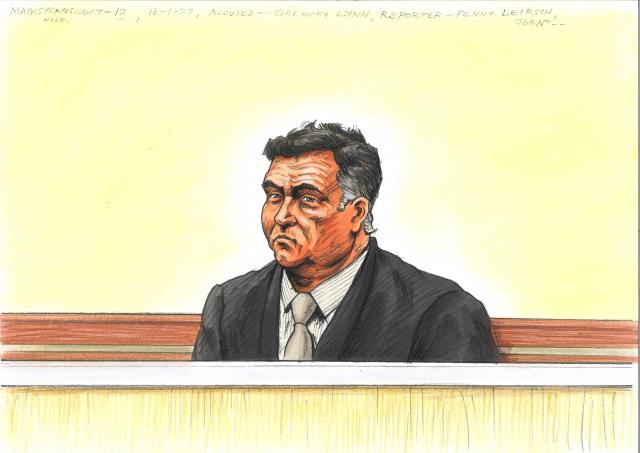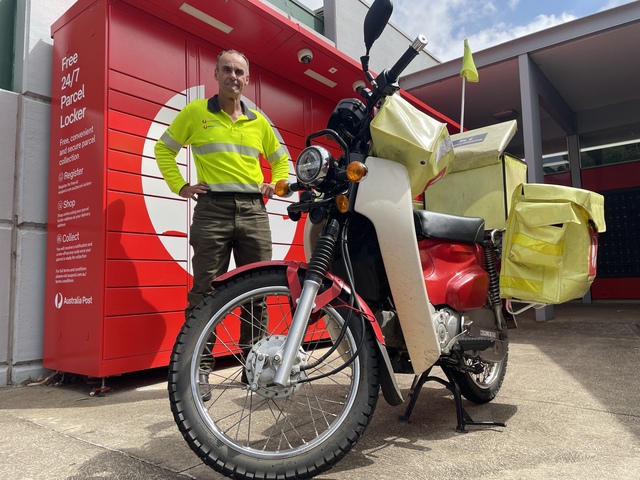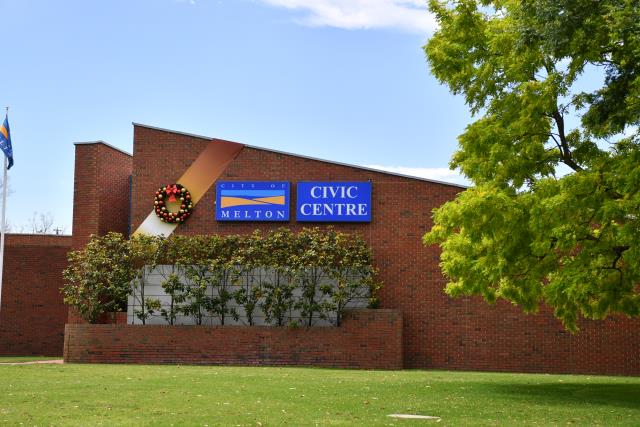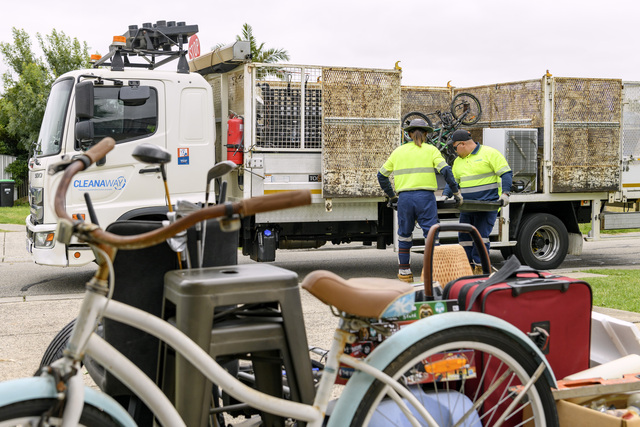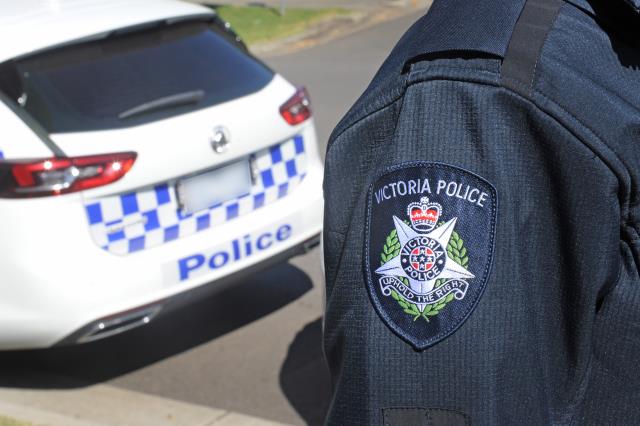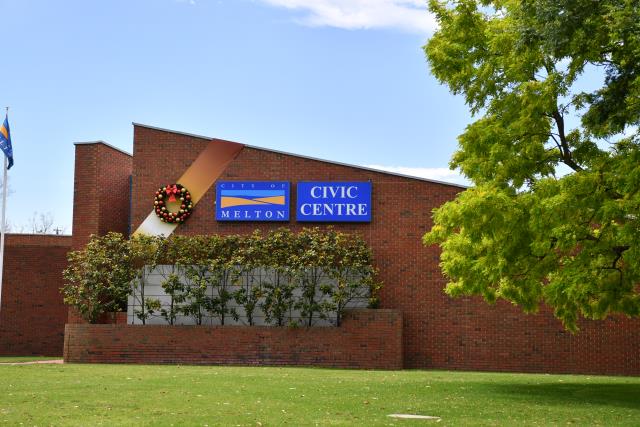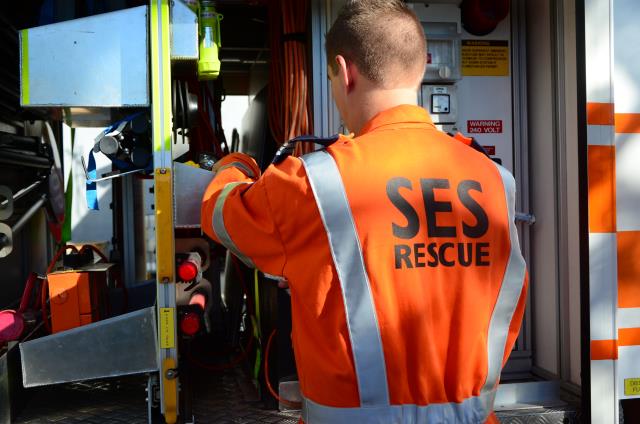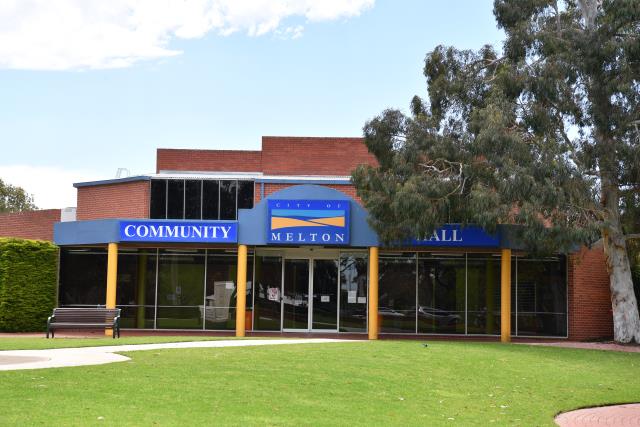A Bacchus Marsh vegetable farmer may just have bought the most expensive water in Victoria.
Table Top Vegetable Company owner Michael Pigott paid more than $200,000 to secure 90 megalitres of groundwater at an online auction, just to keep his farm going.
Twelve irrigators registered to buy some of the 600 megalitres of groundwater, in 10 megalitre lots, at reserve price before it was auctioned off at the end of June.
Water is at a premium for Bacchus Marsh growers after a 15 per cent irrigation allocation last year, and a zero per cent allocation to start the season from July 1.
“People don’t realise what we’re paying for water out here,” Mr Pigott said.
“Our weather is changing. We can’t bank on the old forms of irrigation any more. There just hasn’t been enough rain to sustain our farm, it’s as simple as that.
“I reckon I have the dearest water in Australia. We couldn’t afford to pay that – who could? But we have four families, more than 20 workers, who rely on this farm for their livelihoods,” he said.
“Now I find myself off to the bank again to find $200,000 to pay for the water, on top of paying for the full allocation – $250 per 10 megalitres – that I’m not even [allowed to] use.”
Southern Rural Water transferred 1200 megalitres from Gippsland’s Macalister irrigation district to Bacchus Marsh earlier this year.
An SRW spokeswoman dismissed speculation that most of the water was sold to a Moorabool mining company, saying it all went to market gardeners.
She said the water was offered to Bacchus Marsh clients at a cost-recovery price.
The Pigott family can harvest five salad lettuce crops a season and has been farming at Bacchus Marsh for more than a century.
But the 120 megalitre of irrigation water they were allocated each year has dried up, as have the area’s main storages.
Melton Reservoir is presently at 17 per cent, Pykes Creek at 35 per cent and Merrimu at 16 per cent capacity.
“We thought the new water was designed to secure the farms here in Bacchus Marsh,” Mr Pigott said.
“When it went beyond $2000 [per megalitre], not many could chase it … but we just couldn’t afford not to have water.”


